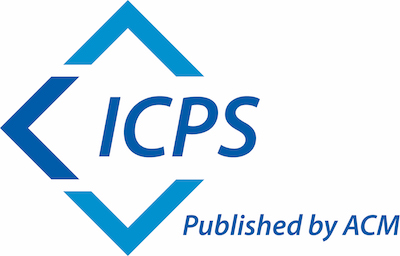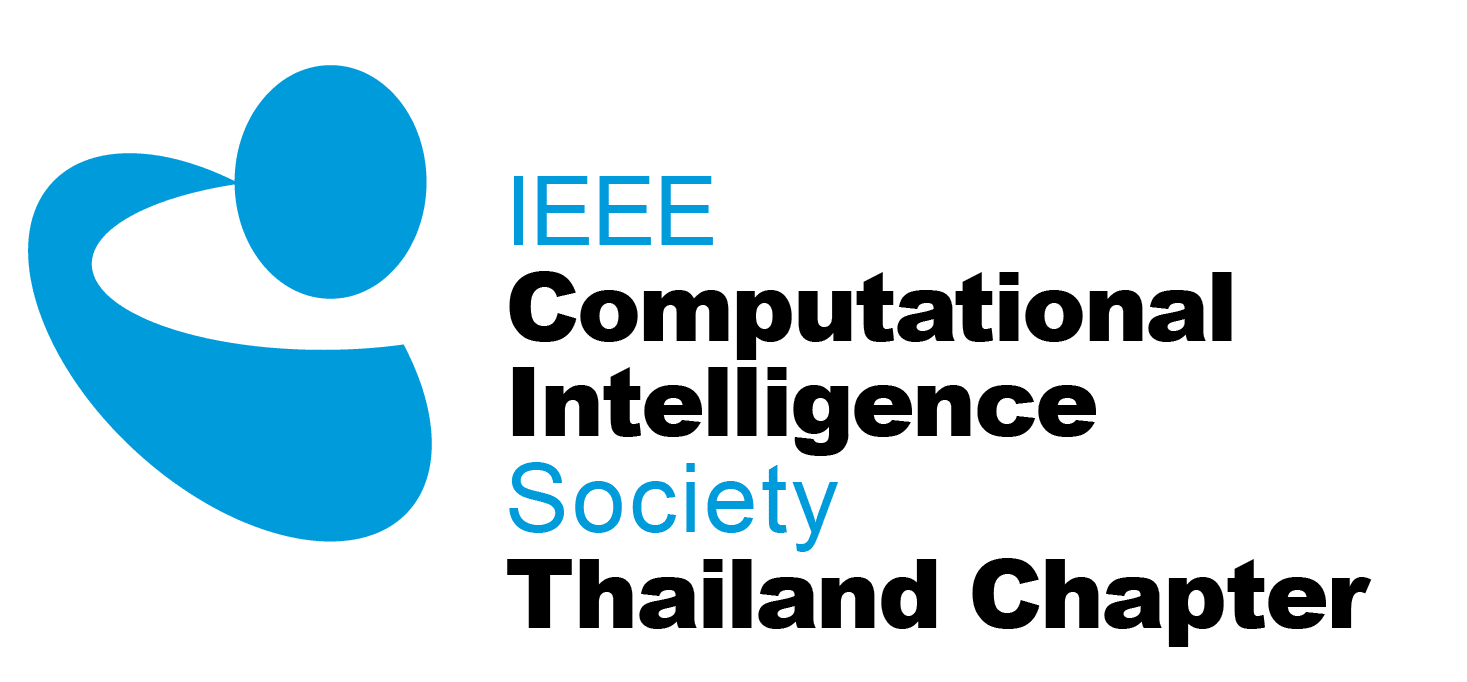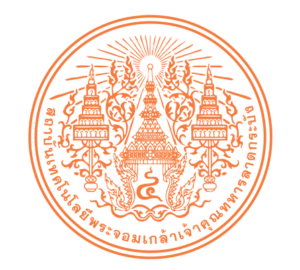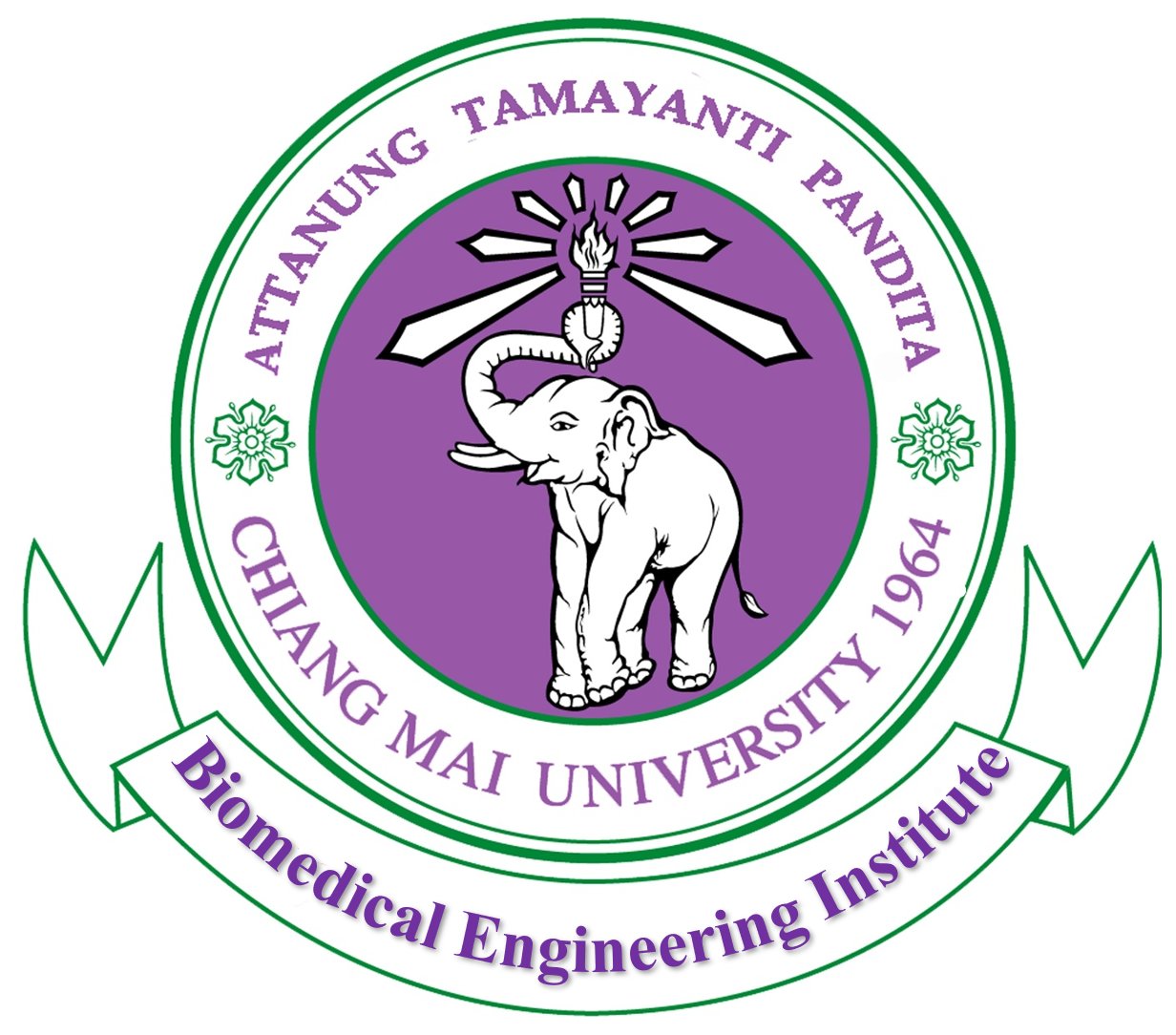Access all Abstracts for oral presentation at CSBio 2021 here
About CSBio 2021
With the advancement in next-generation molecular technology in generating the high-throughput “omics” data, life science has come to the era of “big data”. To extract biological knowledge from the data and translate it into benefits for society (e.g. better medicine and healthcare), novel and advanced computational tools are needed for data analysis. The current trends are to leverage AI and application of cognitive computing that combines domain knowledge with machine learning.
Call For Papers
The call for paper targets contribution in the field of computational approaches designed to face the challenges aroused by biological systems. It aims at giving an overview of the cutting-edge methods and tools to address biological systems. CSBio 2021 would like to invite researchers and industrial counterparts to meet at this event to exchange ideas and stimulate research collaborations.
Topics of Interest
Topics of interest include, but are not limited to:
- Adaptive computation in bioinformatics
- Bio-data visualization
- Bio-inspired computing
- Biological network reconstruction and analysis
- Biomarker discovery
- Computational systems biology
- Coronavirus disease
- Disease classification
- DNA, RNA and protein sequence analysis
- Drug discovery and validation
- Epigenetics/epigenomics
- Epidemiology
- Formal validation of biological systems
- Functional genomics
- Gene expression analysis
- Health informatics
- Human-centric applications
- Medical and biomedical informatics
- Metagenomics data analysis
- Modeling and simulation of biological processes, pathways, etc.
- Molecular evolution and phylogeny
- Next-generation and Third-generation sequencing
- Parallel and distributed computing for life science
- Population genetics
- Proteomics & other omics
- Protein folding
- Translational bioinformatics
Special session:
COVID-19 Health, Analytics, and Technologies (CHAT-2021)
A Special Session on COVID-19 Health, Analytics, and Technologies (CHAT-2021) will provide an opportunity for global research linkages and experience sharing. We cordially invite researchers to submit and share their works related to COVID-19.
An example of the topics of interest is COVID-19 Infected Region Segmentation. We would like to invite researchers to tackle the problem of lung segmentation on chest X-ray images that is an important task for image analysis and computer-aided diagnosis. Examples of the dataset are
- SIIM-FISABIO-RSNA COVID-19 Detection, https://www.kaggle.com/c/siim-covid19-detection
- QaTa-COV19 dataset, https://www.kaggle.com/aysendegerli/qatacov19-dataset
- COVID-19 Open Research Dataset Challenge (CORD-19), https://www.kaggle.com/allen-institute-for-ai/CORD-19-research-challenge.
The participants are encouraged to submit a quality publication based on these datasets to CSBio 2021. The publications can be in the form of a full paper or extended paper.
Noted that other topics related to COVID-19 are welcome.
Please specify that the submission is for (COVID-19 SS) in the submission system.
Important date
- Important Date
- Paper/Extended Abstract/Short Paper
submission deadline -
30 June 2021
31 July 2021
31 August 2021
- Paper notification
-
14 July 2021
5 August 2021
10 September 2021
- Camera-ready deadline
- 20 September 2021
- Date of conference
- October 14 – 15 2021
(Fully virtual conference)
Submission Guidelines
Submitted papers should describe original work that does not overlap with papers that have been published or that are simultaneously submitted to a journal, conference, or workshop with refereed proceedings.
Papers should be written in English, formatted according to the ACM SIG style (sigconf template). Full papers needs to be at least 5 pages and should not exceed 10 pages and must be submitted via EasyChair system. Short papers of up to 4 pages may be considered as well as extended abstracts of up to 2 pages.
Papers must be submitted electronically as PDF files via EasyChair at
https://easychair.org/conferences/?conf=csbio2021
More information about the formatting of the paper can be found at
http://www.acm.org/publications/article-templates/proceedings-template.html/
Review Process
Papers must be submitted electronically as PDF files via EasyChair. The limit for submissions is 10 pages. References and appendices will not be counted in the page limit during the initial submission process.
All submissions will be peer-reviewed and subjected to single-blind review process by at least two reviewers; full submissions will be reviewed by at least three reviewers. All accepted papers must be presented at the conference via a video recording; the presenter or a representative must attend virtually at the allocated time slot for Q&A.
Proceedings
The CSBio 2021 proceedings will be published in electronic form by ACM ICPS, which is indexed by Scopus, ISI Web of Science, EI Compendex, and other major databases, and will be available at the ACM Digital Library.
The ISBN number assigned to CSBio2021 is 978-1-4503-8510-7.
Selected paper will be proposed for further extension and published in the Journal of Bioinformatics and Computational Biology, indexed by ISI, Scopus indexed.

Commitee
International Advisory Committee
- Jonathan H Chan, King Mongkut's University of Technology Thonburi, Thailand
- Richard F Wintle, The Hospital for Sick Children, Canada
- David Ussery, University of Arkansas for Medical Sciences, USA
- Sissades Tongsima, National Biobank of Thailand, National Science and Technology Development Agency, Thailand
General Co-Chairs
- Kitsuchart Pasupa, King Mongkut's Institute of Technology Ladkrabang
- Chee Keong Kwoh, Nanyang Technological University
Program Co-Chairs
- Sansanee Auephanwiriyakul, Chiang Mai University
- Nipon Theera-umpon, Chiang Mai University
Publication Co-Chairs
- Navadon Khunlertgit, Chiang Mai University
- Chawan Manaspon, Chiang Mai University
Organizing Chairs
- Nont Kanungsukkasem, King Mongkut's Institute of Technology Ladkrabang
- Vithida Chongsuphajaisiddhi, King Mongkut’s University of Technology Thonburi
Financial Chair
- Pattanapong Chantamit-O-Pas, King Mongkut's Institute of Technology Ladkrabang
Secretary
- Sirasit Lochanachit, King Mongkut's Institute of Technology Ladkrabang
Webmaster
- Chayanon Sub-r-pa, King Mongkut's Institute of Technology Ladkrabang
International Program Committee
- Mohammad-Kawsar Sharif-Siam, Centre for Molecular Informatics, Department of Chemistry, University of Cambridge
- Yuriy Orlov, Institute of Cytology and Genetics
- Yoichi Takenaka, Kansai University
- Osamu Maruyama, Kyushu University
- Daisuke Kihara, Purdue University
- Guang Hu, Soochow university
- Sorayya Malek, University of Malaya
- Saowalak Kalapanulak, School of Bioresources and Technology, King Mongkut's University of Technology Thonburi
- Shunsuke Aoki, Kyushu Institute of Technology
- Tatsuya Akutsu, Kyoto University
- Kengo Kinoshita, Tohoku University
- Jittisak Senachak, National Center for Genetic Engineering and Biotechnology
- Alberto Policriti, Universita di Udine
- Anne Siegel, IRISA
- Carla Piazza, Universita di Udine
- Delphine Ropers, INRIA Grenoble-Rhone-Alpes
- Elisabetta De-Maria, Universite Cote d'Azur
- Géraldine Jean, University of Nantes
- Hiroshi Matsuno, Biopathway Analysis Center University Yamaguchi
- Ivan Cimrak, University of Zilina
- Jamil Ahmad, University of Malakand
- Joelle Despeyroux, INRIA & CNRS
- Chee-Keong Kwoh, School of Computer Science and Engineering, Nanyang Technological University
- Sylvain Soliman, INRIA Saclay-Ile-de-France
- Thana Sutthibutpong, King Mongkut's University of Technology Thonburi
- Thao Dang, CNRS/VERIMAG
- Verena Wolf, Saarland University
- Khushbu Patel, The Children’s Hospital of Philadelphia
Keynote Speakers

Dr. David Ussery
University of Arkansas for Medical Sciences, USA
Topic : The three waves of the Covid-19 pandemic hints at a limited genetic repertoire of SARS-CoV-2
Abstract : The genomic diversity of SARS-CoV-2 is the result of a relatively low level of spontaneous mutations that are introduced during viral replication. We can now begin to assess the overall genetic repertoire of this virus, based on the multitude of genome sequences that have been generated for SARS-CoV-2 during the current pandemic. During 2020, a global wave of one variant remained largely unnoticed, possibly because of its members being divided over several sub-lineages (B.1.177 and sub-lineages B.1.177.XX). We collectively call this Janus, and it represents a pivotal change in the dynamics of the pandemic. Janus created a first wave of a dominant variant, after it was eventually replaced by the variant of concern (VoC) Alpha (B.1.1.7), which in turn has now been replaced by Delta (B.1.617.2). These variants, together with the VoCs Beta (B.1.351) and Gamma (P.1) were compared here, and the presence of their conserved mutations in the complete dataset was assessed. Approximately five percent of the 30,000 nucleotides of the SARS-CoV-2 genome can be variable; it seems that the overall genetic repertoire of SARS-CoV-2 is nevertheless relatively limited, with parallel evolution occurring on a large scale. This may be limiting the immunogenic repertoire of the virus.
Organized by

Organizer
IEEE Computational Intelligence Society Thailand Chapter

Co-Organizer
Faculty of Information Technology, King Mongkut's Institute of Technology Ladkrabang (KMITL), Thailand

Co-Organizer
Biomedical Engineering Institute, Chiang Mai University, Thailand

Co-Organizer
School of Information Technology, King Mongkut's University of Technology Thonburi (KMUTT), Thailand